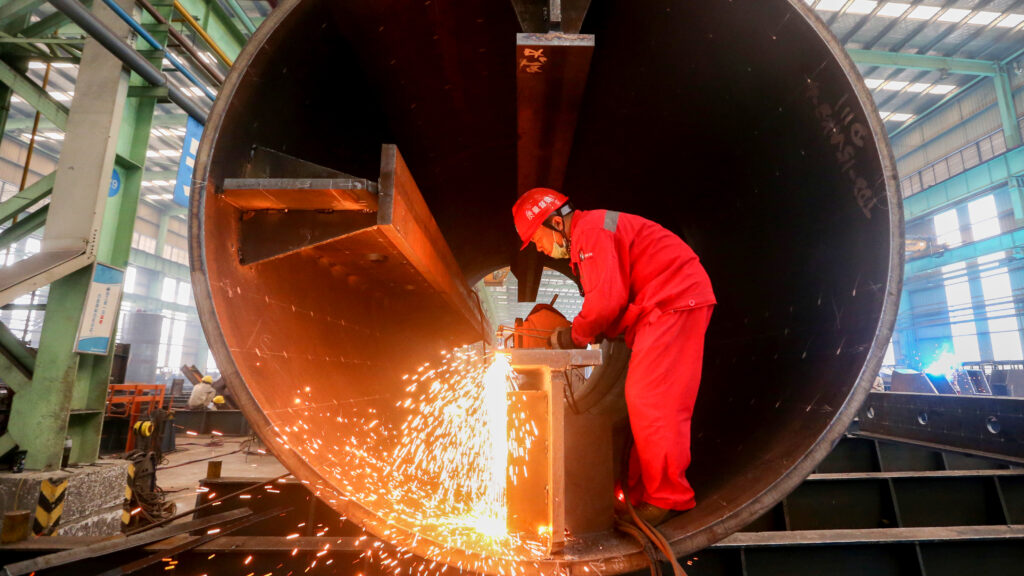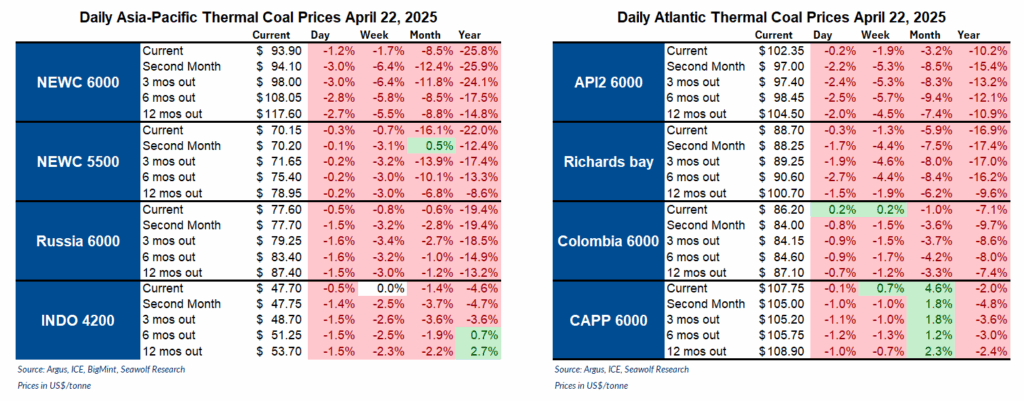Chinese stocks tumbled on Wednesday as investors expressed frustration over having to wait for new information regarding potential economic stimulus measures. The selloff came ahead of a much-anticipated press conference scheduled for Saturday, where China’s Finance Minister, Lan Fo’an, is expected to unveil plans aimed at bolstering the economy.
The announcement, set for 10 a.m. local time (10 p.m. Eastern) on October 12, will be hosted by the State Council Information Office. It will focus on “intensifying countercyclical adjustment of fiscal policy to promote high-quality economic development,” as noted in the government’s statement. Market participants are hoping for details about additional fiscal measures that could support economic recovery and reinforce previous efforts to reach the government’s annual growth target of 5%.
Stimulus Measures So Far: A Mixed Response
Beijing has implemented a series of initiatives in recent weeks, targeting the stock market, the struggling real estate sector, and overall economic growth. These measures initially buoyed investor sentiment, propelling the CSI 300—an index representing the largest companies traded on the Shanghai and Shenzhen stock exchanges—to surge approximately 30% over the past month.
However, this optimism was short-lived. The CSI 300 fell sharply on Wednesday, dropping 7.05%, while Hong Kong’s Hang Seng index saw a 1.4% decline. The losses were partly attributed to growing concerns that existing measures may not be sufficient for a sustainable recovery. This anxiety intensified after a recent briefing from the National Development and Reform Commission failed to deliver significant new information, further frustrating investors who were eager for more substantial announcements.
Weaker Economic Data Compounds Worries
Adding to the negative sentiment, data from China’s Golden Week holiday, which ended on Tuesday, showed weaker-than-expected growth in consumer spending. The muted demand during one of the country’s busiest shopping periods suggests that consumer confidence remains fragile, exacerbating fears that the government’s recent actions may not be enough to stimulate economic growth and boost domestic demand.
The drop in the stock market extended beyond equities to commodities, with copper futures falling for the second consecutive day. Additionally, the most-traded January iron ore contract on the Dalian Commodity Exchange declined 3.6%, closing at 777.5 yuan ($110.12) per metric ton. This decline reflects concerns that a recovery in demand for industrial metals could be delayed if China’s economic growth fails to accelerate.
Calls for a Larger Fiscal Boost
Market analysts and economists have suggested that a more aggressive fiscal stimulus package may be necessary to support a sustainable recovery. Some are calling for a fiscal expansion worth up to 3 trillion yuan ($425 billion). According to Kathleen Brooks, research director at XTB, unless Beijing commits to more ambitious fiscal reforms, including direct government handouts, the current stimulus efforts may fall short of generating long-term economic growth.
Morgan Stanley economists, led by Robin Xing, forecast that Saturday’s announcement will include a 2 trillion yuan package. The anticipated measures could encompass local government debt swaps and bank recapitalizations, aiming to stabilize the financial sector and ensure that regional governments can continue to fund infrastructure projects. However, the bank’s analysts cautioned that clarity on long-term fiscal policy might not come until the end of 2024 or early 2025, when any potential widening of the deficit for the following year would likely be revealed.
Outlook Ahead of the Fiscal Policy Announcement
As investors eagerly await more details from Saturday’s press conference, the pressure is on for Beijing to deliver a substantial fiscal boost that goes beyond recent measures. Market watchers will be particularly focused on any indications of a larger fiscal expansion or new initiatives to stabilize key sectors like real estate and finance. Without a more aggressive approach, there is a risk that China’s economic recovery could stall, undermining efforts to achieve the 5% growth target.
While the anticipated fiscal package could provide temporary relief, the extent to which it can generate a durable recovery will likely depend on the specifics of the measures announced and any accompanying guidance on future fiscal policies. Investors are looking for reassurances that the government is committed to sustaining growth and tackling underlying economic challenges in the coming years.









